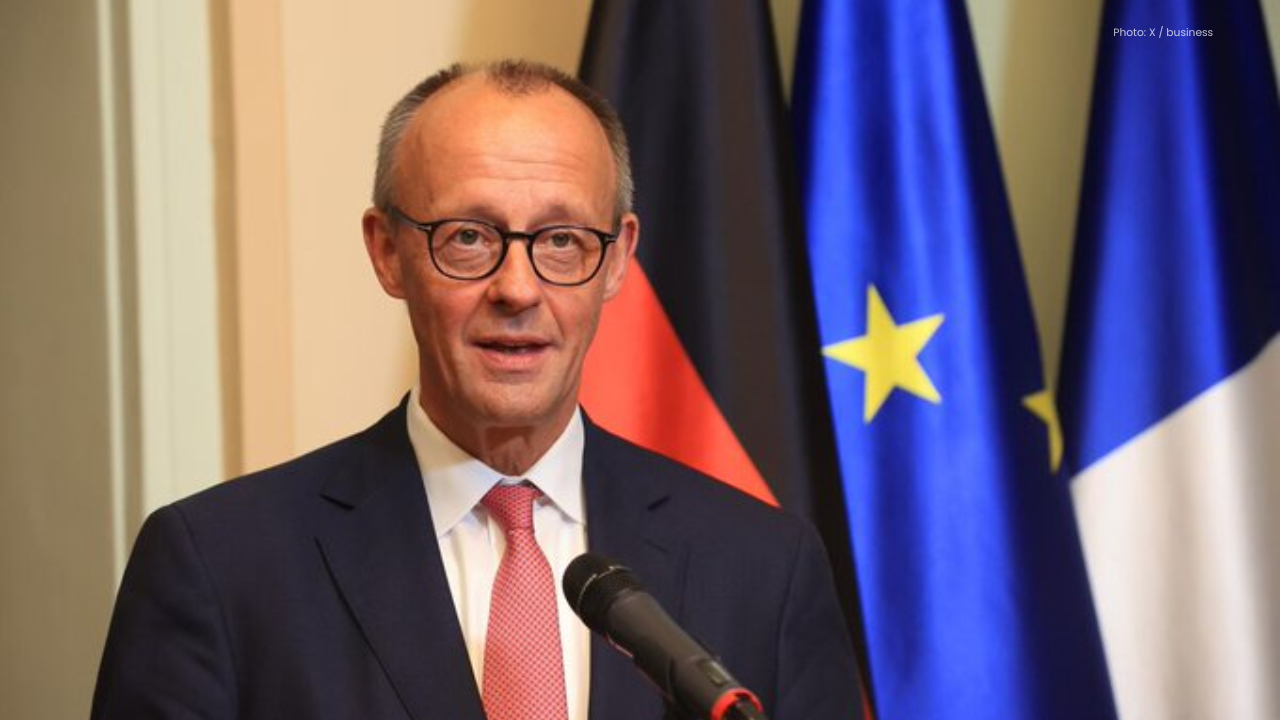
Post by : Naveen Mittal
Germany is still trying to decide whether to support new European sanctions against Israel as the war in Gaza continues to worsen. Friedrich Merz, speaking alongside Spanish Prime Minister Pedro Sanchez, said that while Germany does not believe Israel’s actions amount to genocide, it does see them as not proportional to the goals Israel claims to be pursuing.
For decades, Germany has always stood firmly behind Israel because of its responsibility for the Holocaust. But today, the war in Gaza is creating a very difficult debate inside Germany. The government is under pressure from European partners, human rights groups, and public protests, but it is also tied to its historic responsibility toward Israel.
Recently, the European Commission suggested suspending a trade deal with Israel that covers nearly 5.8 billion euros (about 6.87 billion dollars) worth of goods. The idea was meant to put pressure on Israel to reduce its military campaign in Gaza and move towards peace talks.
However, this proposal does not yet have enough support among European Union member states. Some countries, including Spain and Ireland, are calling for stronger measures. Others, like Germany, remain hesitant.
Merz made it clear that Germany has not yet taken its final decision. He said the federal cabinet will discuss the matter again next week and may announce a joint position during the informal EU council meeting on October 1 in Copenhagen.
The debate over sanctions comes at a time when the situation in Gaza is worsening every day. Reports say that more than 64,000 Palestinians have already been killed since the war began. Many more are injured or displaced. Families are struggling to survive without enough food, water, or shelter.
On Thursday, Israeli tanks moved into two key neighborhoods on the edge of Gaza City. These areas are seen as entry points to the city center, which means fighting could get even more intense in the coming days. At the same time, internet and phone services were cut off across Gaza, raising fears that people inside will become even more isolated.
Germany’s position on Israel is shaped by history. After World War II and the Holocaust, in which millions of Jews were murdered, Germany promised that it would always stand by Israel’s right to exist and defend itself. This commitment has guided German foreign policy for decades.
But today, the massive civilian deaths in Gaza are testing that promise. Many Germans feel torn between remembering their responsibility toward Israel and standing up for Palestinian rights.
Several European leaders, including Spain’s Pedro Sanchez, have been openly critical of Israel’s actions. Sanchez has argued that the war cannot be justified as self-defense when so many civilians are dying. Other EU nations are calling for recognition of a Palestinian state as part of the solution.
Germany, however, has said that recognizing Palestinian statehood is not under consideration at this time. Still, the longer the war continues, the more pressure Germany will face from both inside and outside Europe.
In German cities like Berlin and Munich, thousands of people have taken to the streets to protest against the war in Gaza. Many demand an immediate ceasefire, recognition of Palestinian statehood, and stronger action against Israel. On the other hand, there are also rallies in support of Israel, showing how divided German society is on this issue.
Merz has promised that Germany will soon form a united position at the government level. The decision will not be easy. If Germany supports sanctions, it could damage its relationship with Israel. If it refuses, it may appear unwilling to stand up for human rights in Gaza.
The outcome will also influence the European Union’s ability to act. Without Germany’s support, sanctions are unlikely to move forward.
The war in Gaza has forced Germany into one of the hardest foreign policy choices it has faced in years. It must balance its historic duty to Israel with its moral responsibility to prevent further suffering in Gaza. As tanks roll into Gaza City and casualties continue to rise, the world is waiting to see what Germany decides.
For now, the debate continues, but time is running out as the war shows no sign of slowing down.
#Germany #Israel #GazaWar #EU #Sanctions #Palestine #InternationalAffairs #MiddleEast #GlobalPolitics #WarCrisis


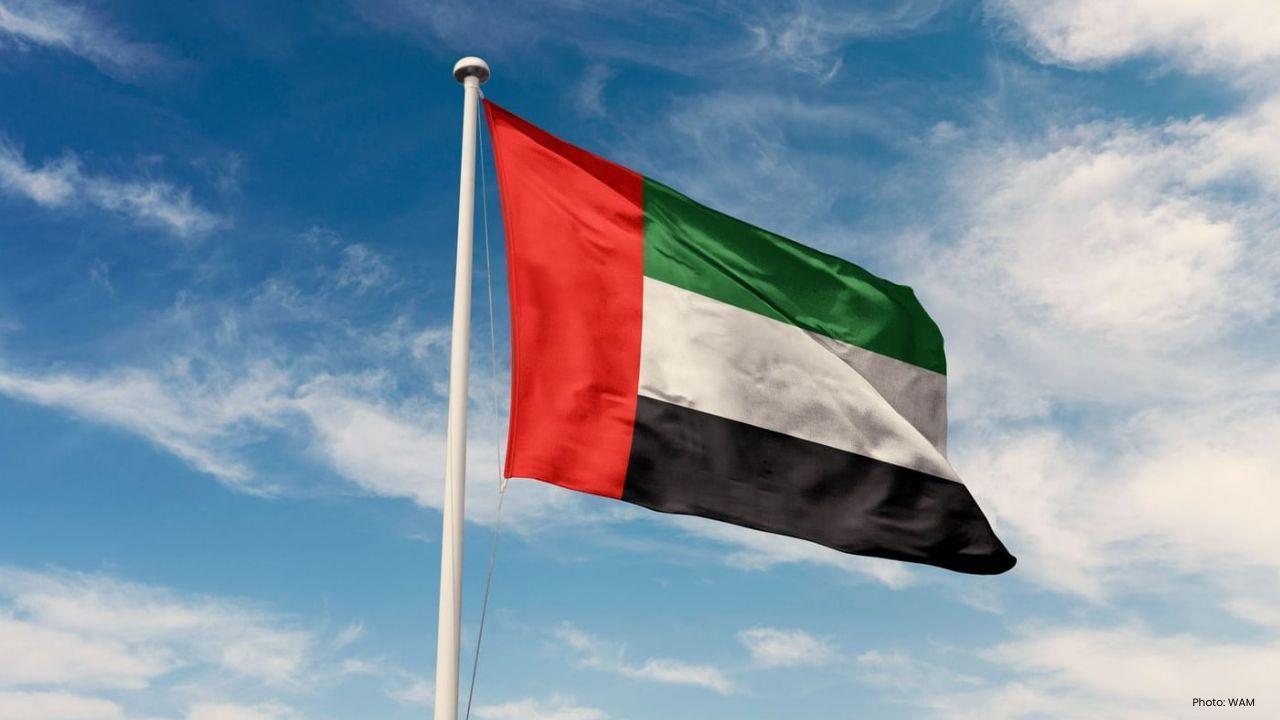
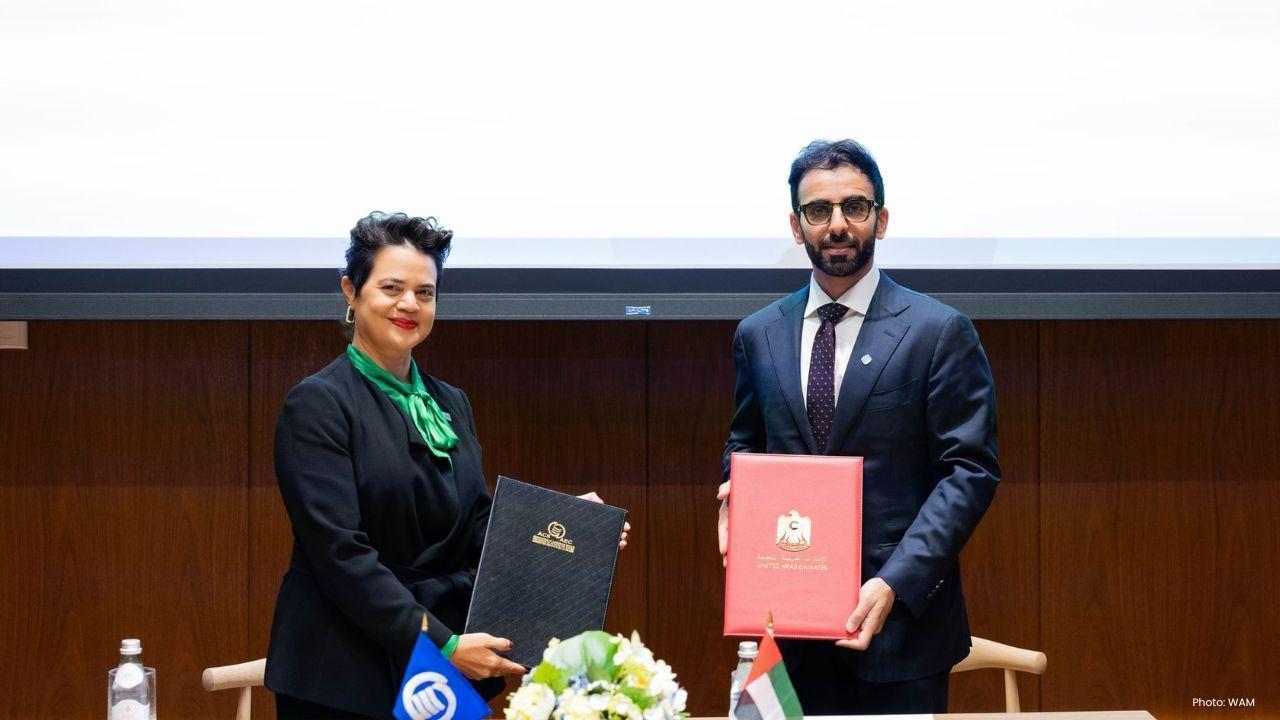


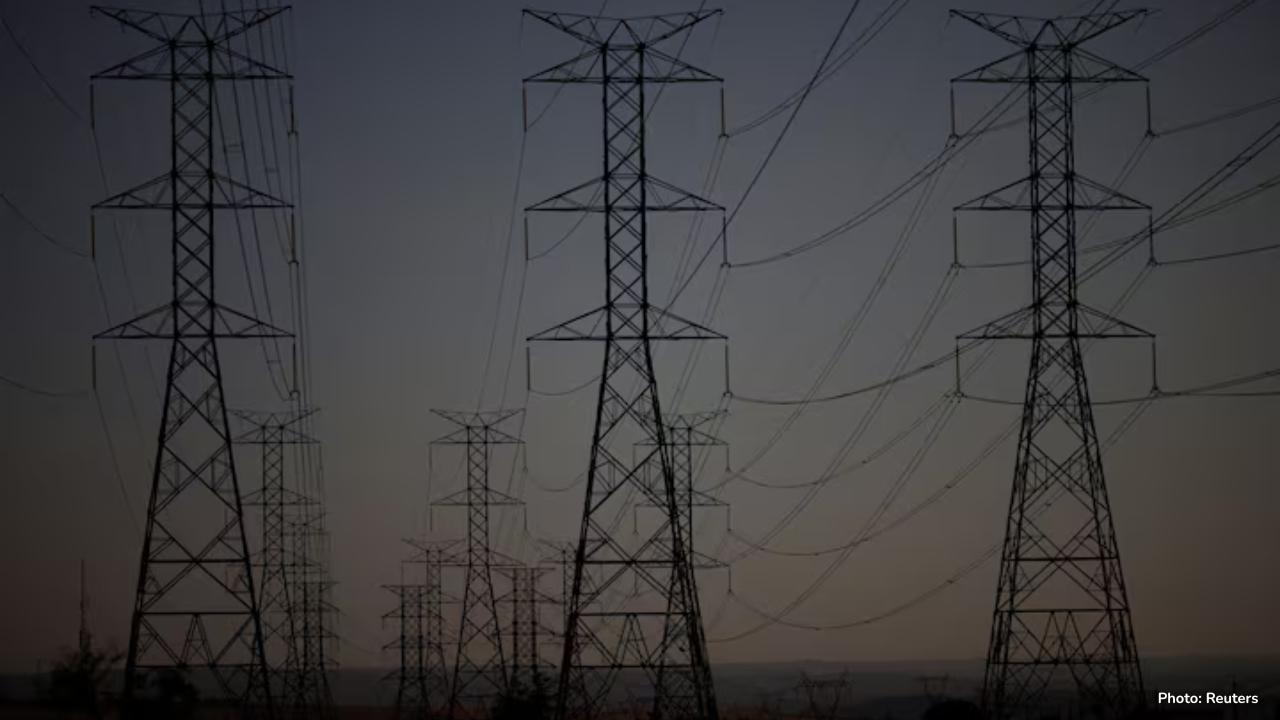

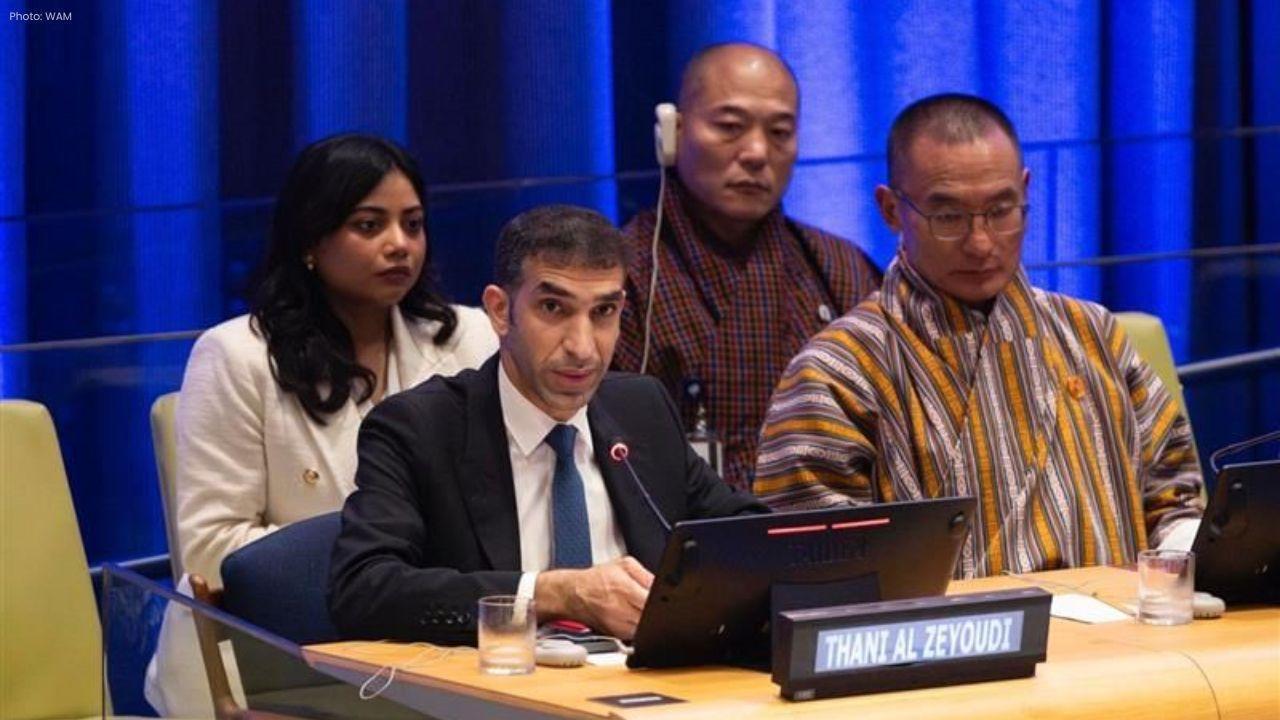

OpenAI's Revenue Soars to $4.3 Billion in First Half of 2025
OpenAI's revenue reaches $4.3 billion in the first half of 2025, marking a 16% increase from the pre

UAE Leaders Send Condolences to Saudi King Over Princess Abta's Death
UAE rulers and crown princes sent heartfelt messages to King Salman, mourning the passing of Princes

Brazil's Surplus Clean Energy Attracts Crypto Miners
Brazil's excess renewable energy is luring cryptocurrency miners. Companies like Tether and Renova E

Visa Tests Stablecoins to Make Global Payments Faster
Visa is testing stablecoins for international payments, aiming to speed up transactions and reduce t

Opera Unveils Neon AI Browser for Smarter Web Browsing
Opera introduces Neon, an AI-powered browser that automates tasks and enhances privacy, aiming to re

Albanese Visits Sheikh Zayed Grand Mosque in Abu Dhabi
Australian PM Albanese tours Sheikh Zayed Grand Mosque, highlighting peace, tolerance, and cultural